What Is The Best Temperature To Set Your Heating Oil Boiler At?
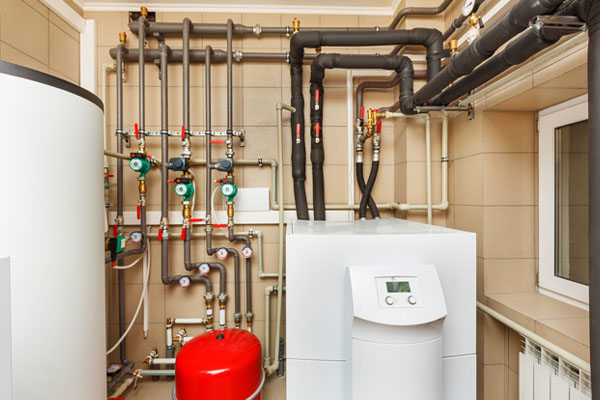
Determining the best temperature setting for your central heating oil boiler can be challenging. The boiler settings in your home may differ from the next due to the fluctuating outdoor temperatures and varying hot water needs. Knowing the type of central heating boiler you have in your home and the usual temperature settings aids in determining the best boiler temperature to use. Keep reading to learn the recommendations for efficient home heating.
Common Types of Central Heating Boilers
Contents
Understanding the type of central heating boiler installed in your home and how it works before making any boiler temperature adjustments are beneficial.
Related Article: What Are 3 Ways That You Can Tell If Your Heater Is Energy Efficient?
Combi Boilers
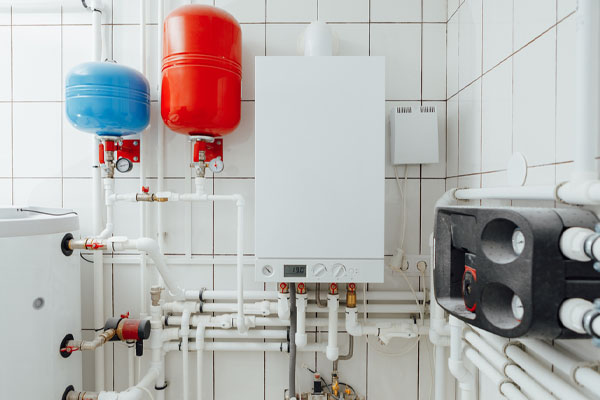
Combination boilers, shortened to combi boilers, are becoming a popular central heating choice as a single unit provides heating and hot water. The combi boiler gets cold water from your home’s main water supply. The boiler combusts fuel to create heat, and its heat exchanger transfers the heat from the combustion chamber to the water. Combi boilers can heat water quickly as it uses oil or gas.
These boilers are more compact than other types, as you don’t need to allot space for a separate water tank. Therefore, they are ideal for smaller properties. The downside is that combi boilers cannot provide space heating and hot water at the same time. For instance, if the central heating system is operating and you turn on a tap, the boiler temporarily redirects the hot water to the faucet as long as it is in use.
Regular Boilers
Also known as a conventional or heat-only boiler, this type has three primary parts: the boiler, a hot water tank, and a cold water tank. The cold water tank is usually installed in the attic or loft, as it utilizes gravity to fill the boiler. The boiler heats water and transfers it to the central heating system’s radiators and the hot water tank. This allows you to have hot water when you need it.
A conventional boiler is suitable for larger properties. It is also your best bet if you own a home with several bathrooms or have a low-pressure main water supply. Regular boilers may require more space, but they can simultaneously provide hot water and heating thanks to their separate water tanks.
Related Article: 5 Things To Check On The HVAC System When Buying A New Home
System Boilers
System boilers can also supply heating and hot water on demand with their hot water tank. These boilers only have two main parts: the boiler and the hot water tank. The main water supply in your home directs water into the boiler, so there is no need for a separate cold water cylinder.
These boilers are also perfect for large properties with high hot water demands. They require less space as they have many internal parts, making them a more flexible installation option than regular boilers. Still, you must allot space for the system boiler’s hot water tank. The flow rate throughout your home will also be low if your home’s main water supply has low water pressure.
Central Heating Boiler Temperature Settings
Central heating boilers have no single temperature they should be set at. The temperature setting will vary per several factors, such as personal preference and weather conditions. The ideal situation is to adjust the boiler temperature to keep it within a certain range so the boiler doesn’t overheat.
Related Article: Reducing Your Carbon Emissions Through High-Efficiency Heating Systems
Recommended Boiler Temperature Settings
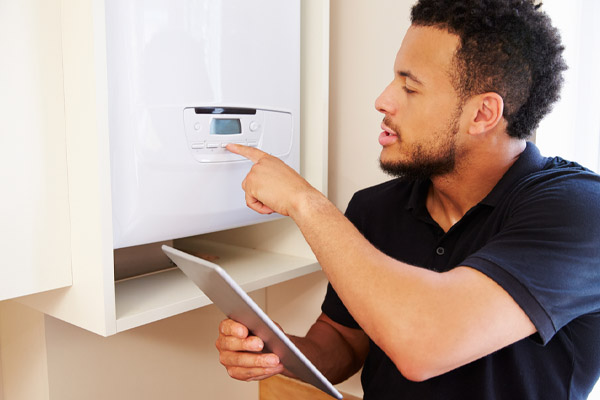
The central heating water and hot water tank will have different temperature settings.
The high/low temperature settings of your boiler should be adjusted depending on when the weather gets colder and warmer. Summer means it is more efficient and comfortable to set boiler temperatures low. Low-temperature settings are within 120 to 160 degrees Fahrenheit. On the other hand, higher boiler temperatures are more fitting for winter, and the temperature range should be within 180 to 200 degrees Fahrenheit.
Stay around 200 degrees at maximum if you need warm temperatures. The boiler will overheat when temperatures exceed 212 degrees, which can cause the boiler to burst or leak.
On the other hand, the hot water tank’s temperature settings tend to stay within the same range throughout the year, which is 140 to 150 degrees Fahrenheit. The boiler water temperature shouldn’t be allowed to get too low to ensure your health and safety.
Legionella is a bacteria that can thrive in freshwater that has a temperature of 77 to 112 degrees Fahrenheit. It places you at risk of contracting a type of pneumonia called Legionnaires disease. According to the Center for Diseases Control, the water temperature in your heating tank should be at least over 124 degrees.
Related Article: What Is The Difference Between A Boiler And A Furnace?
Tips for Boiler Energy Efficiency
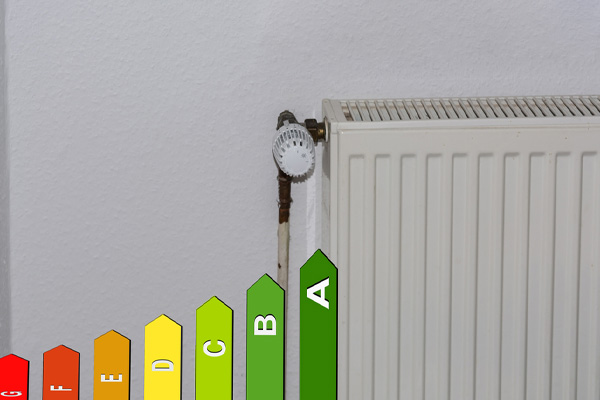
You can heat your home efficiently and optimize energy efficiency when you utilize your home’s temperature controls. Programmable thermostats and individual thermostats for each room give you more precise control over the temperatures throughout the rooms in your home. For instance, you may want your bedroom to be cool so you can sleep comfortably and healthily.
Smart temperature controls automatically adjust the temperature in your home. You can also use your smartphone or laptop to remotely control your home’s temperature. These features let you lower your heat usage while you’re away from home. Setting your boiler to fluctuate four to five degrees at various times throughout the day helps in efficient home heating. Keeping your home cooler while you are away also enables you to save money.
Related Article: What To Look For In A New Oil Boiler For Your Home
Contact R.F. Ohl For All Your HVAC Requirements
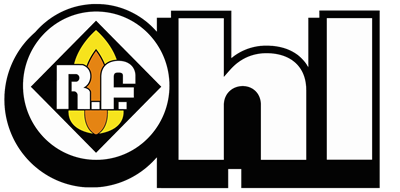
R.F. Ohl provides high-quality HVAC services in Northeastern Pennsylvania, including the Poconos and the Greater Lehigh Valley Region. Our professionally certified technicians are experts in conducting superior heating and cooling services, including boiler tune-ups, air conditioner repairs, furnace installations, and more. You can trust our qualified techs to use their experience and knowledge to service your HVAC system the way it ought to be.
Our company guarantees quality and highly affordable HVAC services in the region. Our maintenance services can improve your home’s comfort and energy efficiency while lowering your heating expenses. We can suggest the best solutions within your budget if you require an HVAC repair or replacement system. Rest assured, all our work is guaranteed. Give R.F. Ohl a call to book a service appointment and get a free, in-home estimate. Call now!
Click here to contact us today or give us a call at (610) 377-1098 if you have any questions. Click the link to view our service area.